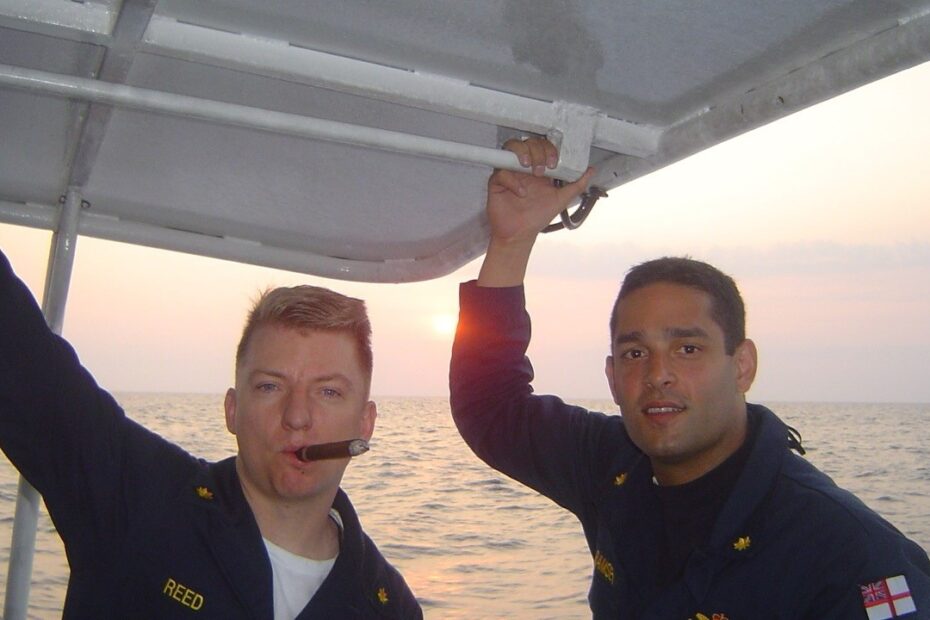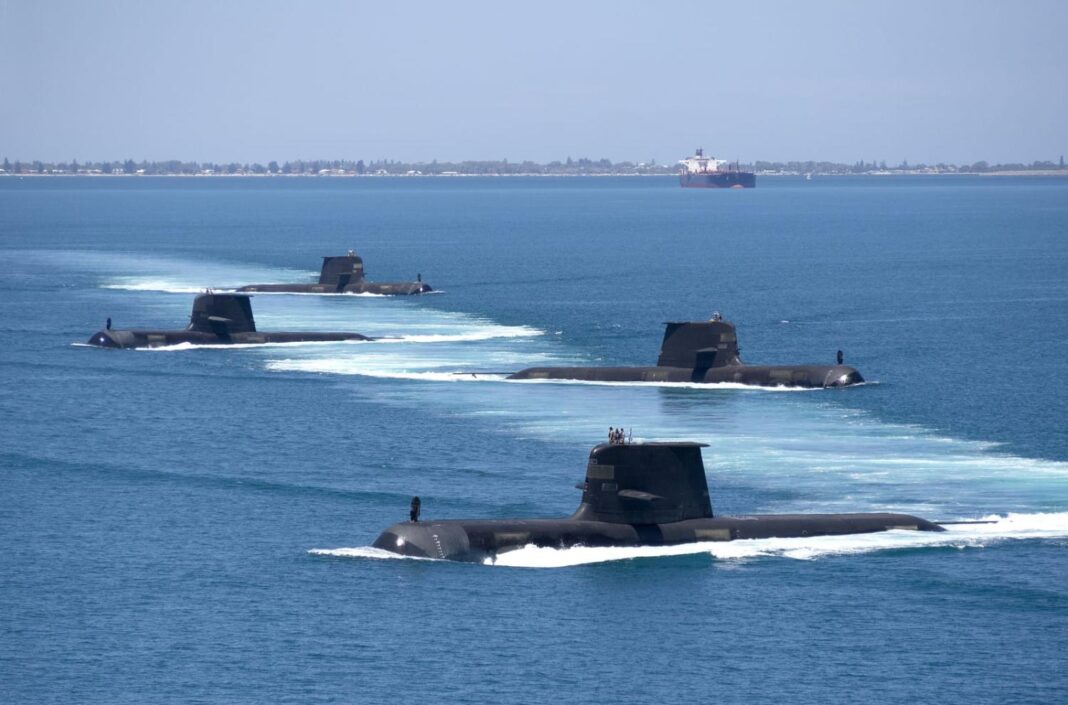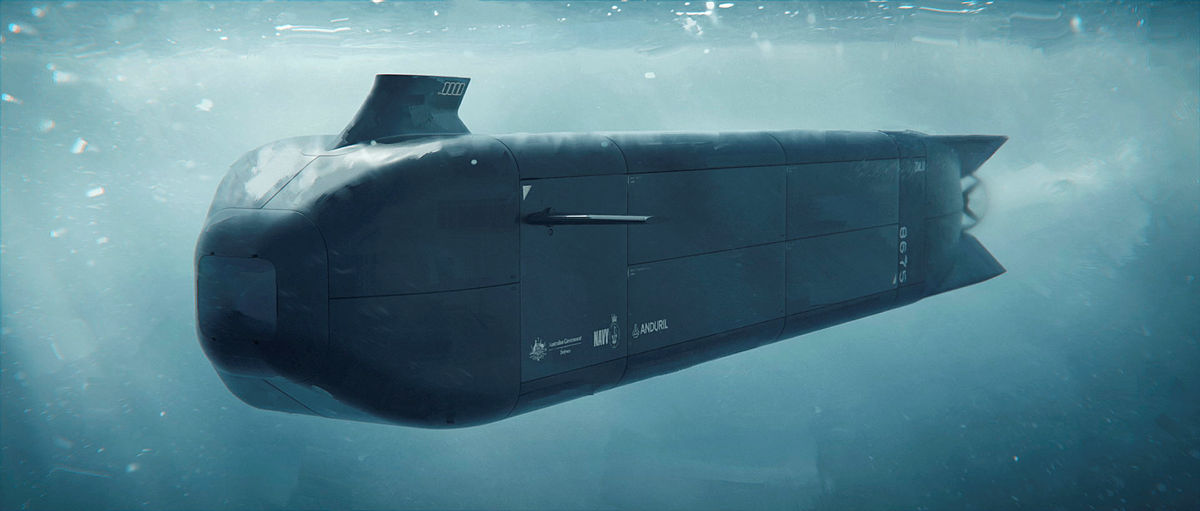Ryan Ramsey (from right) is a former submarine captain who served in the UK’s Royal Navy for 23 years under various roles and capacities. (Credit: Ryan Ramsey/LinkedIn)
The world is shifting—and so is the nature of warfare.
Old certainties are eroding, alliances are mutating, and the line between friend and foe is becoming increasingly blurred. As we watch the geopolitical pendulum swing—from American isolationism under Trump to new reassessments of AUKUS—we must accept an uncomfortable truth: we can’t do everything, but we can do some things exceptionally well. That’s where our future lies.
Strategic fatigue and American retreat
American foreign policy is once again oscillating toward strategic retrenchment. The “America First” doctrine, previously dismissed as a temporary anomaly, has outlasted expectations. As Trump’s influence grows once more, so too does the signal to allies: prepare to stand more independently. This isn’t a criticism—it’s a reality. The world’s most powerful military actor is increasingly reluctant to act as global policeman.
That leaves the rest of us with two choices: look back nostalgically at old power structures, or adapt fast.
The AUKUS inflection point
AUKUS was heralded as a once-in-a-generation security pact—an ambitious trilateral step forward to counterbalance China’s rise. But ambition must eventually meet reality. Questions are now being asked about the value, cost, and implementation timeline of the programme. Is it agile enough for the pace of modern conflict? Or are we investing billions into hardware that could be obsolete before it’s seaworthy?
More urgently: should we be putting all our strategic eggs in a nuclear-powered basket when our adversaries are mastering asymmetric warfare?
Concentrate forces, don’t dilute them
In an age of limited resources and increasingly diverse threats, the key is focus. National defence strategies must shift from “doing it all” to “doing what matters.” Our adversaries won’t wait for us to finish our procurement cycles or build our 2040 fleet. They’re using commercial tech today, turning drones and algorithms into battlefield advantages.
So, we must counter with what theycan’t replicate: innovation, unpredictability, and human ingenuity.
Defeating technology with tactics
We can’t outspend every adversary. But we can out-think them.
Technology levels the field, but tactics win the battle. Look at how small, determined forces have disrupted much larger ones using unconventional strategies—from the Houthis in the Red Sea to Ukrainian units using consumer drones for precision strikes. The future will not be won by monolithic systems—it will be won by nations that adapt faster and fight smarter.
That means investing in maverick thinkers, special operations, cyber capabilities, and real-time decision-making tools. It also means rewriting the rules of engagement—not with more bureaucracy, but with agility and daring.
Realise strength, minimise weakness
Britain, for example, has elite capabilities in underwater warfare, cyber, intelligence, and rapid deployment. Let’s double down on those. Let’s work with partners based on shared threats, not just shared history. Let’s remember that sometimes, your enemy’s enemy is indeed your friend—however unlikely that may seem.
Because in this fractured world, pragmatic alliances and purposeful capabilities will count far more than grand gestures or nostalgic alliances.
Originally published by Ryan Ramsey from his LinkedIn page link here. Views expressed are his own.



